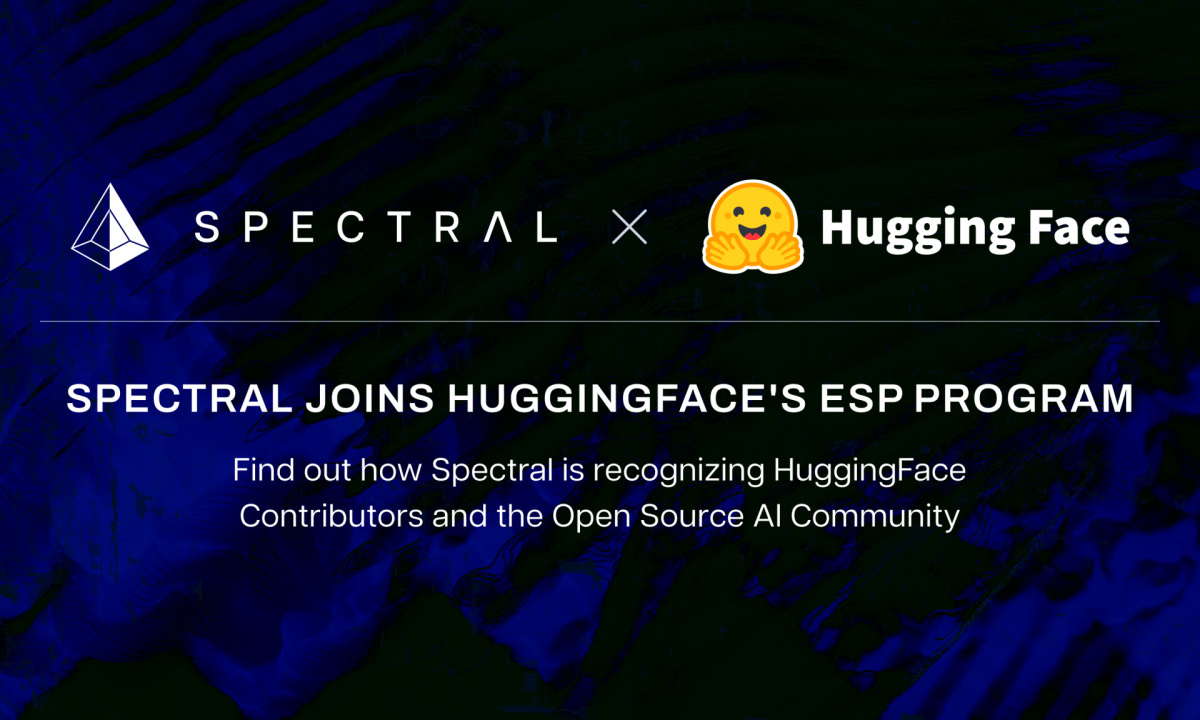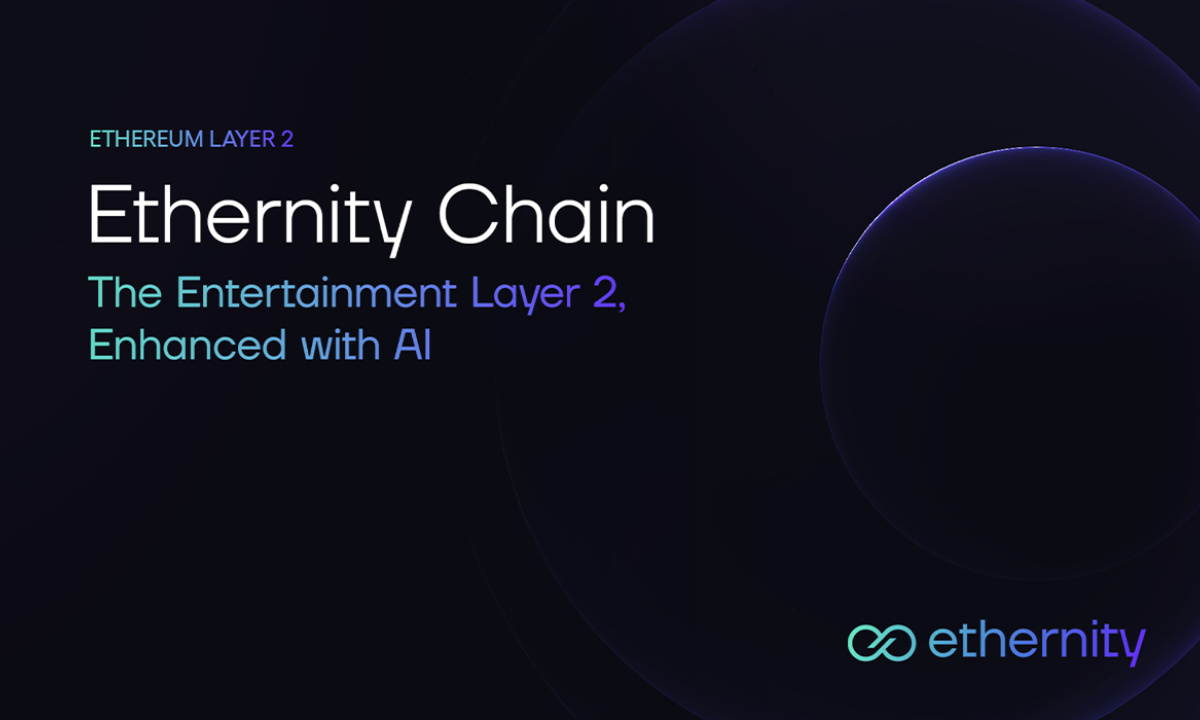Understanding Decentralization Maximalism
Decentralization maximalism is an extreme concept within the realm of decentralized finance (DeFi), blockchain, and crypto. While maximalism traditionally promotes excess and a “more is more” approach, decentralization maximalism takes it even further by asserting the superiority of its concept, construct, and technology over all others. This belief often leads to the exclusion of alternative options, such as Bitcoin or Ethereum maximalists who argue that these specific blockchains and cryptocurrencies are the only digital assets necessary for the future.
Decentralization, on the other hand, refers to the removal of reliance on centralized bodies and authorities. Decentralization maximalism takes this idea to the extreme, asserting that any form of regulation is unnecessary. It places excessive focus on the benefits of decentralization, including freedom, democracy, lack of censorship, and a more robust and community-driven organization. It also emphasizes the functionality that is not exposed to failure or corruption of governing entities.
While these benefits are valid to some extent, decentralization maximalism overlooks the drawbacks of decentralization. These include a lack of unified vision, inefficiency, and in extreme cases, anarchy and chaos due to the absence of regulation and governing authorities. In reality, some form of governance and regulation is necessary to ensure safety, security, and deterrence against malicious behavior facilitated by the anonymity provided by blockchain and DeFi.
Author: Marco De Rossi, President & Cofounder
Marco De Rossi, the President and Co-founder of HAL, envisions a future tech landscape where companies or developers can choose to integrate decentralized technologies based on their trust requirements. With a background in Economics and Arts, Marco is an experienced speaker and has a wealth of experience in the tech space as a programmer, digital marketing consultant, and journalist. He is also the founder of WeSchool, a leading EdTech company with over 2 million users.
HAL is a Web3 data infrastructure tool that simplifies access to blockchain infrastructure for developers, protocols, and companies. It allows them to track, monitor, and trigger data through simple APIs and push notifications. HAL’s mission is to democratize and streamline access to blockchain infrastructure by bridging decentralized and centralized technologies.











